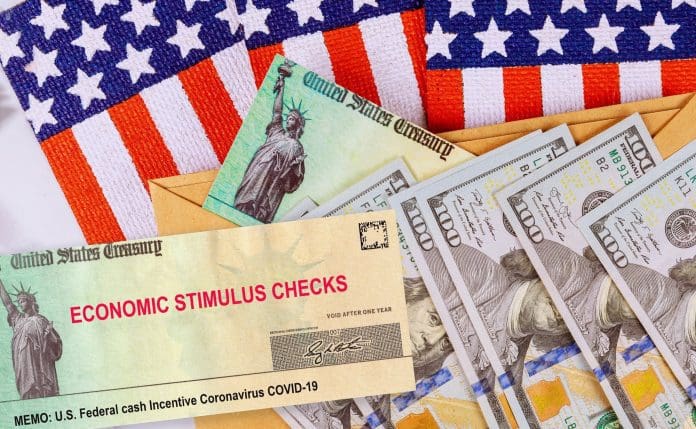The American economy entered a recession as soon as the coronavirus pandemic started, and unemployment rose to 14.8%, the worst level seen since statistics were kept in 1948. According to information from the U.S. Department of Health and Human Services, the U.S. government responded by passing several economic stimulus check that, among many other things, kept 11 million Americans out of poverty.
Although the immediate consequences of the coronavirus epidemic have now subsided, inflation, which reached its greatest level in 40 years in 2022, has emerged as a new danger to the economy. Some are advocating for more stimulus to help offset the strain this is placing on Americans’ finances. Here is the status of the summer 2022 federal and state stimulus check programs.
State Legislators Adding To Federal Stimulus Check In Some States:
Although the American economy has been relatively strong overall during the past year, some federal legislators are asking for more stimulus check because of occasional symptoms of weakening. The larger child tax credit, improved unemployment benefits, and mortgage assistance programs have all ended, in addition to the surging inflation rate, which has greatly increased the basic cost of living for most Americans. As some experts predict, many Americans will be plunged into economic uncertainty if the economy enters a recession.
In light of this, several legislative proposals have been put up over the past year or two, but none have taken off. For instance, in March 2021, 21 senators signed a letter asking for continuous, monthly stimulus payments to Americans, but nothing came of it.
To strengthen the country’s pandemic response, the Biden administration asked Congress for $22.5 billion in March 2022. However, not even that request specifically requested more direct payments to Americans. The White House wanted $4.25 billion to go to the State Department and $18.25 billion to the Department of Health and Human Services, and $4.25 billion to the United States Agency for International Development. However, the Senate essentially stopped this proposal from passing.






